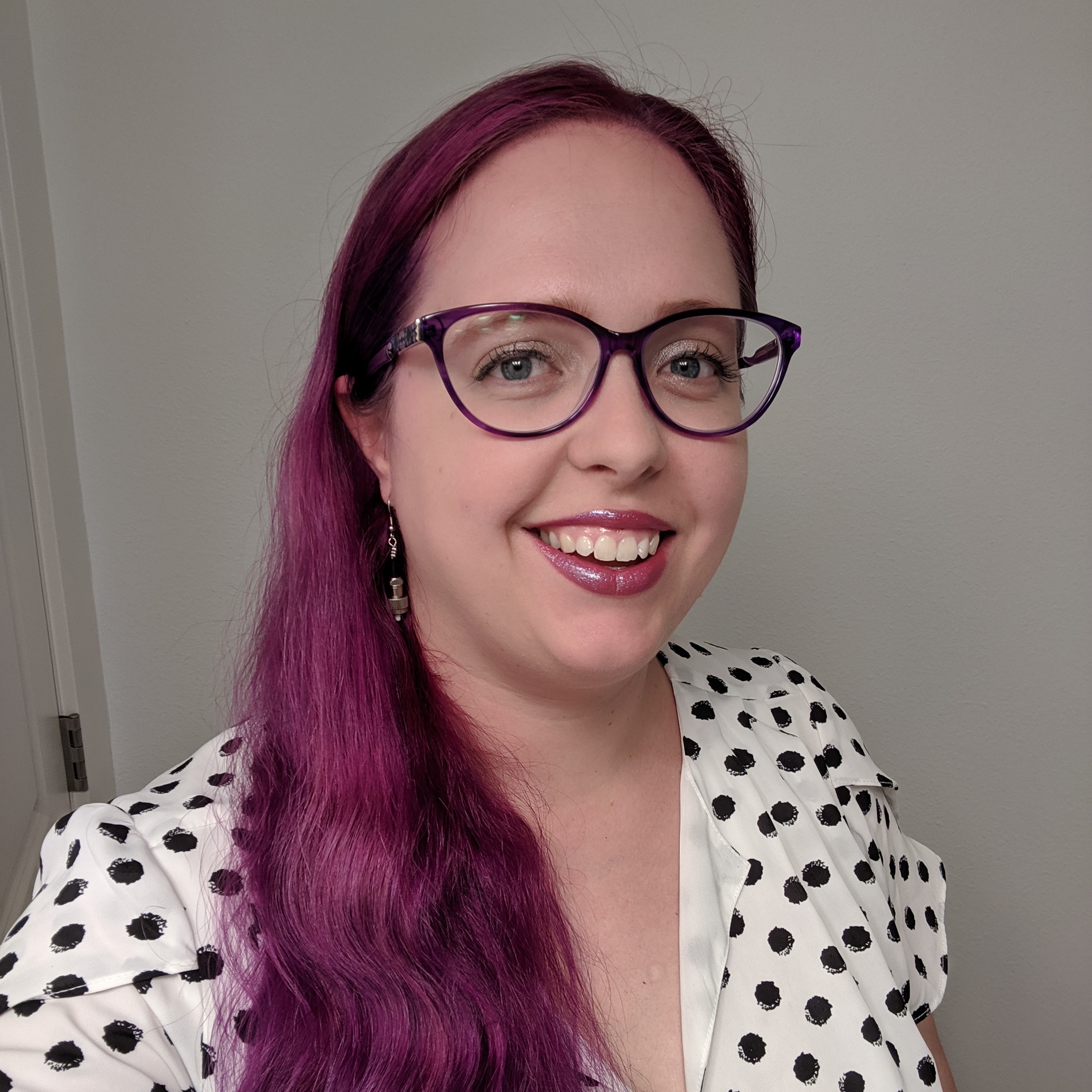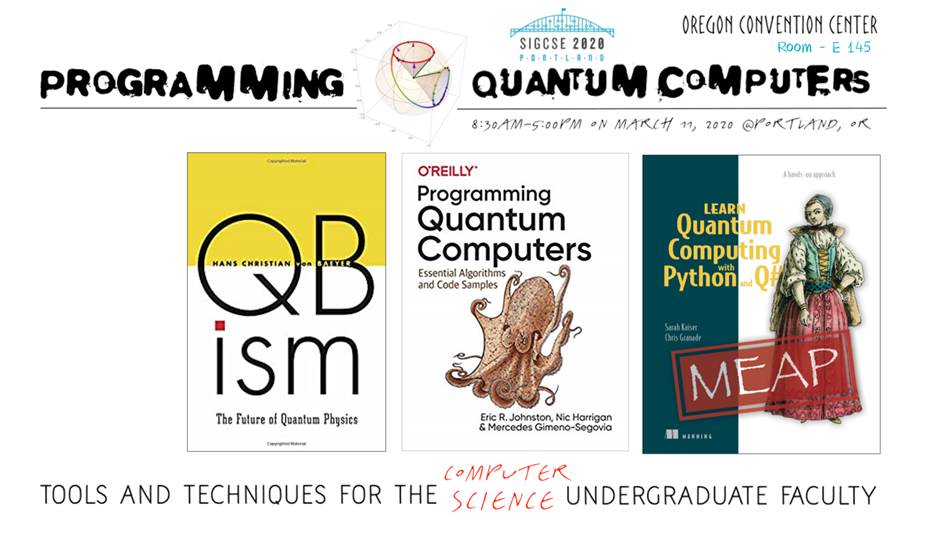 Sarah C. Kaiser is a Research Engineer with Pensar Development in Seattle, WA. She completed her PhD in physics (quantum information) at
the University of Waterloo's Institute for Quantum Computing and was a postdoctoral research fellow with Macquarie University in Sydney, Australia.
Prior to that she was an undergraduate research fellow with Caltech, in Pasadena, and with the National Institute of Standards and Technology, in
Boulder, CO and also worked as a Mathematica kernel developer with Wolfram Research in Urbana-Champaign. She can be reached on Twitter at
Sarah C. Kaiser is a Research Engineer with Pensar Development in Seattle, WA. She completed her PhD in physics (quantum information) at
the University of Waterloo's Institute for Quantum Computing and was a postdoctoral research fellow with Macquarie University in Sydney, Australia.
Prior to that she was an undergraduate research fellow with Caltech, in Pasadena, and with the National Institute of Standards and Technology, in
Boulder, CO and also worked as a Mathematica kernel developer with Wolfram Research in Urbana-Champaign. She can be reached on Twitter at crazy4pi314.
Sarah has spent much of her career developing new quantum hardware in the lab, from satellites to hacking quantum cryptography hardware. She describes herself as an "experimental quantum physicist expert at building and automating optical systems with over eight years experience specializing in quantum cryptography, experimental design, and science communication that loves working with Python, lasers, and lathes." With Chris Granade she has co-authored Learn Quantum Computing with Python and Q# (to be published by Manning Publications soon) a book that demystifies quantum computing. Using Microsoft's Quantum Development Kit (QDK) to abstract away the mathematical complexities, the book builds one's understanding of quantum computers by active learning (actively developing quantum programs). You'll start by learning QC fundamentals by creating your own quantum simulator in Python. Soon you'll move on to using the QDK and the new Q# language for writing and running algorithms very different from those found in classical computing. Upon completion of the book the reader will be able to apply quantum programming techniques to applications like quantum key distribution, and tackle real-world examples such as chemistry simulations and searching unsorted databases.
